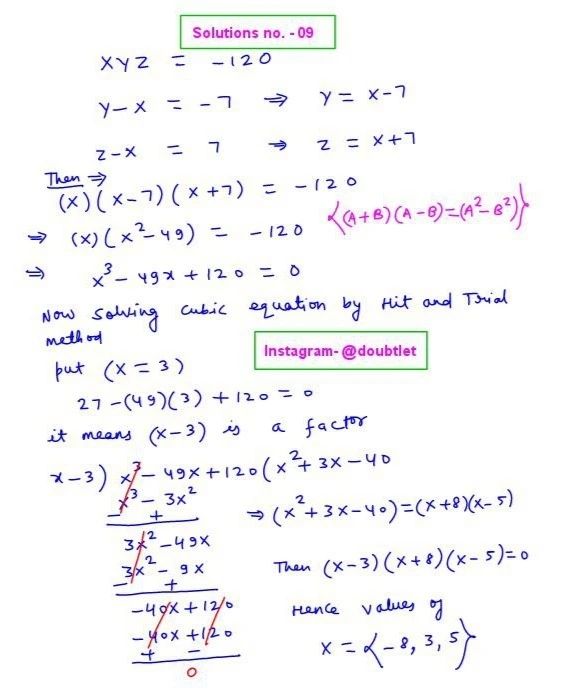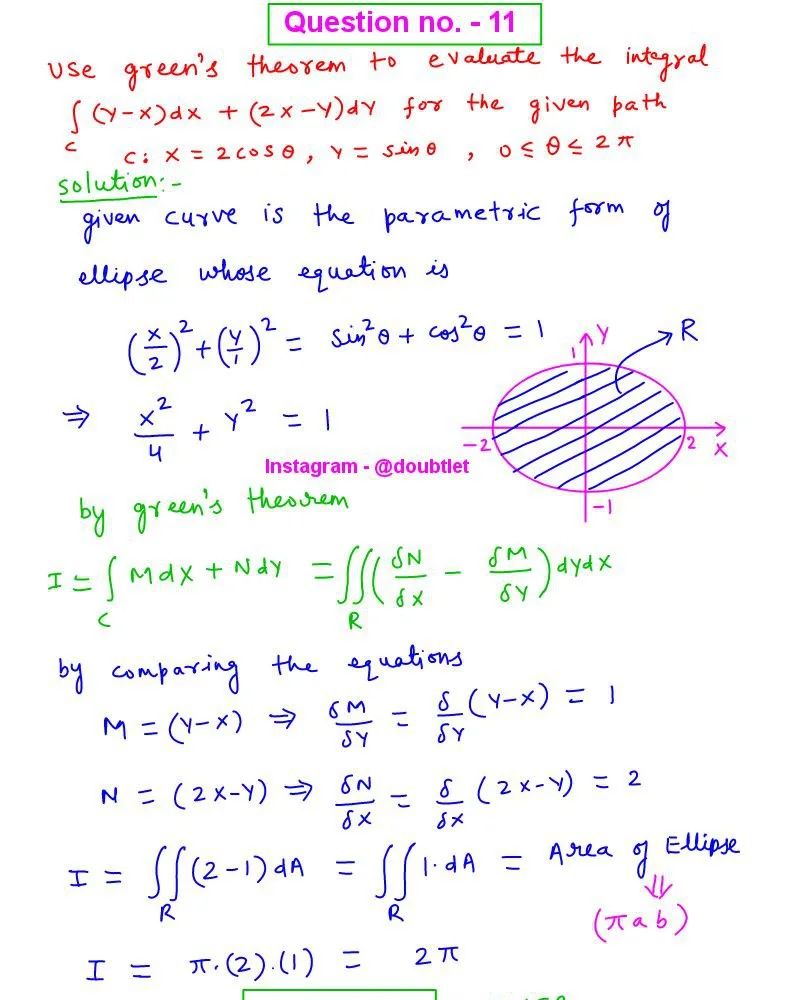









Area of the Triangle (Heron's) Calculator
This calculator will help you to find the Area of the triangle if length of all the sides is given (By Heron’s Formula).Related Calculators:Area of the Triangle Calculator
Loading...
Loading...
Loading...
Area of a trapezium
Area of a triangle
Area of the Equilateral triangle
Area of a parallelogram
Area of a rhombus
Area of an Ellipse
- 1. Introduction to the area of a triangle by Heron's formula
- 2. What is the Formulae used ?
- 3. How do I calculate the area of a triangle by Heron's formula ?
- 4. Why choose our area of a triangle by Heron's formula Calculator?
- 5. A Video for explaining this concept
- 6. How to use this calculator ?
- 7. Solved Examples
- 8. Frequently Asked Questions (FAQs)
- 9. What are the real-life applications?
- 10. Conclusion
1. Introduction to the area of a triangle by Heron's formula
Geometry is a fundamental branch of mathematics, and finding the area of a triangle is a key skill in this field. While we often think of the basic formula (Area = 1/2 * base * height), Heron's Formula offers a more versatile approach, applicable even when you don't know the triangle's height.
Heron's Formula, named after the ancient Greek mathematician Hero of Alexandria, is a method used to calculate the area of a triangle when you have the lengths of all three sides. This formula is especially valuable when the triangle's height is unknown or challenging to determine.
2. What is the Formulae used?
Heron's Formula can be expressed as follows:
Area (A) =
Where,
A represents the area of the triangle.
a, b, and c are the lengths of the triangle's sides.
S is the semi-perimeter, calculated as S = .
3. How do I calculate the area of a triangle using Heron's formula?
Measure and record the lengths of all three sides of the triangle (a, b, and c).
Calculate the semi-perimeter S.
Apply Heron's Formula to find the area A.
4. Why choose our area of a triangle using Heron's formula calculator?
Our calculator page provides a user-friendly interface that makes it accessible to both students and professionals. You can quickly input your square matrix and obtain the matrix of minors within a fraction of a second.
Our calculator saves you valuable time and effort. You no longer need to manually calculate each cofactor, making complex matrix operations more efficient.
Our calculator ensures accurate results by performing calculations based on established mathematical formulas and algorithms. It eliminates the possibility of human error associated with manual calculations.
Our calculator can handle all input values like integers, fractions, or any real number.
Alongside this calculator, our website offers additional calculators related to Pre-algebra, Algebra, Precalculus, Calculus, Coordinate geometry, Linear algebra, Chemistry, Physics, and various algebraic operations. These calculators can further enhance your understanding and proficiency.
5. A video based on the concept of how to find the area of a triangle by Heron's formula.
6. How to use this calculator
Using Heron's formula, this calculator will help you find a triangle's area.
In the given input boxes, you must put the coordinates value for a, b, and c for a given triangle.
After clicking on the Calculate button, a step-by-step solution will be displayed on the screen.
You can access, download, and share the solution.
7. Solved Examples
Using Heron's formula, find the area of a triangle whose sides are 8, 15, and 17 cm.
By using Heron's formula, Semi-Perimeter(S) = = 20 cm.
Area (A) = =
Using Heron's formula, find the area of a triangle whose sides are 2, 3, and 4 cm.
By using Heron's formula, Semi-Perimeter(S) = = 4.5 cm.
Area (A) = =
8. Frequently Asked Questions (FAQs)
Why is Heron's Formula useful?
Heron's Formula is valuable because it allows you to calculate the area of a triangle when you know the side lengths but don't have the height.
Is Heron's Formula applicable to all types of triangles?
Yes, Heron's Formula works for all types of triangles, whether they are scalene, isosceles, or equilateral.
Can Heron's Formula be used for non-triangular shapes?
No, Heron's Formula is specifically designed for triangles and cannot be applied to other polygonal shapes.
What if I have the angle measures instead of side lengths?
Heron's Formula is designed for side lengths, so if you have angle measures, you would need to use trigonometry to calculate the side lengths first.
Can Heron's Formula handle negative side lengths or complex numbers?
No, Heron's Formula is based on real numbers and cannot be used for triangles with negative side lengths or complex numbers.
Is there a more efficient method to find the area of a triangle?
Heron's Formula is efficient and precise, especially when the triangle's height is unknown or hard to determine.
9. What are the real-life applications?
Heron's Formula has practical applications in various fields, such as construction, architecture, and geometry. It is used to calculate the area of land plots and the surface area of irregularly shaped objects and even determine the area of triangles in trigonometric calculations for engineering and surveying projects.
10. Conclusion
Mastering Heron's Formula is a valuable skill for anyone working with triangles in mathematics or real-world applications. It provides a robust and versatile method for calculating triangle areas, especially when traditional formulas involving height are not applicable. Understanding and using Heron's Formula can enhance your problem-solving capabilities and help you apply geometry effectively in diverse situations.
This blog is written by Neetesh Kumar
If you have any suggestions regarding the improvement of the content of this page, please write to me at My Official Email Address: doubt@doubtlet.com
Are you Stuck on homework, assignments, projects, quizzes, labs, midterms, or exams?
To get connected to our tutors in real-time. Sign up and get registered with us.
Comments(0)













Leave a comment